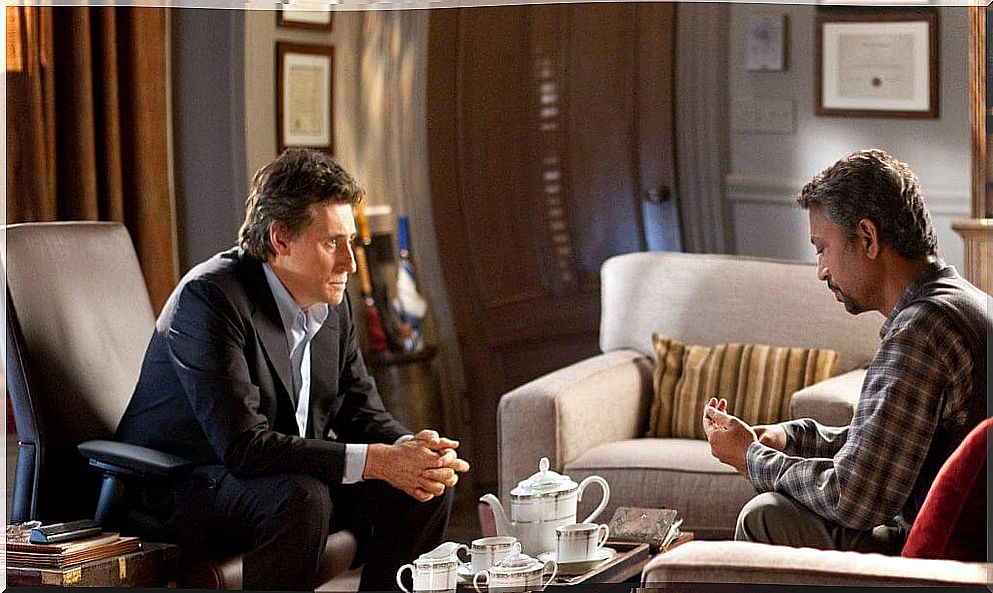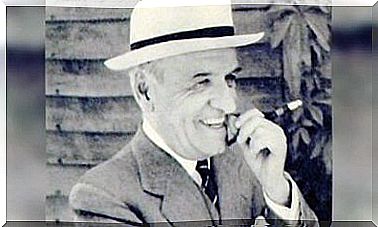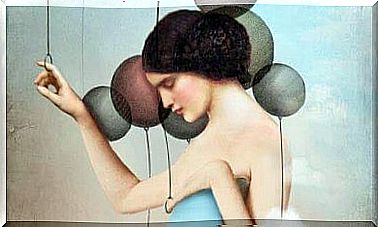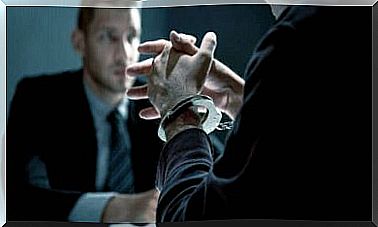Cinema As A Psychotherapeutic Tool

Have you ever, after a movie, looked at a problem in another way? Or take a different perspective to face new situations? Has a movie never allowed you to distance yourself from a difficult moment in your life? The benefits of cinema as a psychotherapeutic tool are manifold. This is why it is used more and more by health professionals.
Watching films allows spectators, and therefore patients, to obtain information of very different kinds: linguistic, spatial, interpersonal and intrapsychic. In other words, “cine-therapy” can transform psychological treatment into a space of complete, integral and intersensory learning.
Based on books
For Bruce Skalarew, psychiatrist and psychoanalyst co-chair of the Forum for Psychoanalytic Study of Film, film therapy followed the same course as bibliotherapy. This doctor defines the seventh art as a tool that helps improve mental health. He also considers this therapeutic means as a good complement to traditional means.

Walz explains that the cinema as a therapeutic tool allows the psychologist to rely on the image, the music, the tone, the characters, the spaces and the theatrical elements. It has the power to facilitate self-understanding and to achieve what is called “emotional discharge”. Finally, this art allows us to change our habits and evolve.
Personal reflection
What would I do if such a thing happened to me? How would my partner / my partner react if this misfortune fell on us? Movies sometimes make us think about situations that we are often unable to imagine. We put ourselves in the shoes of the characters. We try to think or see things through them. It helps patients undergoing psychotherapeutic treatment to self-examine their thoughts, feelings and emotions, both present and future.
How to apply it?
The first thing to do, according to Gary Solomon – one of the first psychologists to use films as therapy – is to choose films that reflect the patient’s problems. Thus, the frame should resemble the person’s current or traumatic situation as closely as possible.
It is essential that the therapist and the patient have a discussion before seeing the film. Both must understand that an exercise in conscious analysis must be carried out. The professional will thus be able to recognize and examine the patient’s reactions.
After viewing the film, the patient should explain the connections and similarities he has found with his own life. Using your imagination is a good thing. He can also identify with a character in the film (Berg-Cross, Jennings, & Baruch, 1990).

Empathy and new perspectives
One of the strengths of this technique is that it can improve the social and communication skills of patients. It serves as a practical example for situations in which you can develop your empathy and become aware of your own feelings, emotions and desires.
Thanks to this psychotherapeutic means, the theory of mind can be put into practice. It is the ability to understand our own emotional processes and to think about the feelings or thoughts of others. All this is done through a sequence of images and ingenious dialogues, thanks to the magic of cinema.
This technique also makes it possible to work with concrete scenes. We can focus even more on the point at hand. The characters can also be analyzed in detail in order to appreciate every change and every detail. And this, as many times as we want. Thanks to this, one can find more similarities and differences between the behavior of the patient and that of the actor.
Cinema as a psychotherapeutic tool is still too little understood. Although it is increasingly used as a complementary strategy to traditional therapy. Despite everything, even if it is effective for the majority of people, it should be avoided to use it with people who suffer from psychotic disorders. In these cases, we cannot guarantee that the cine therapy is providing benefits.









